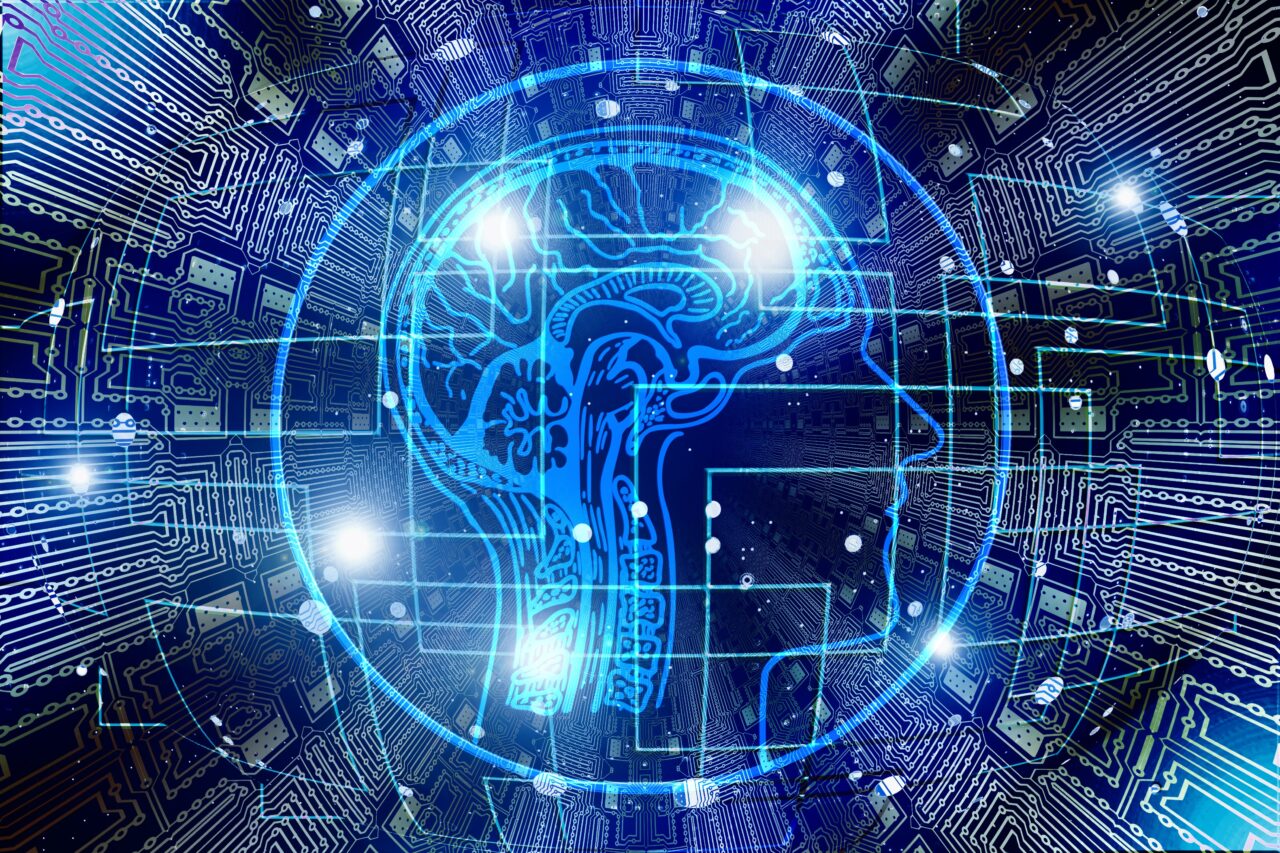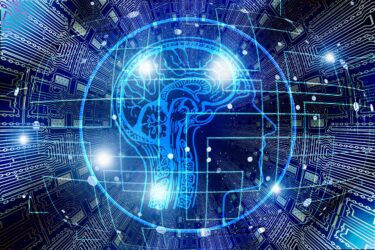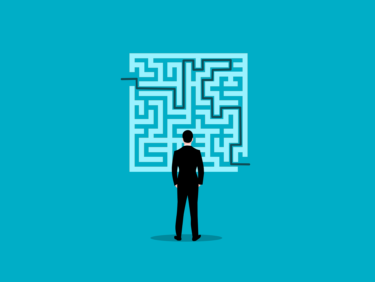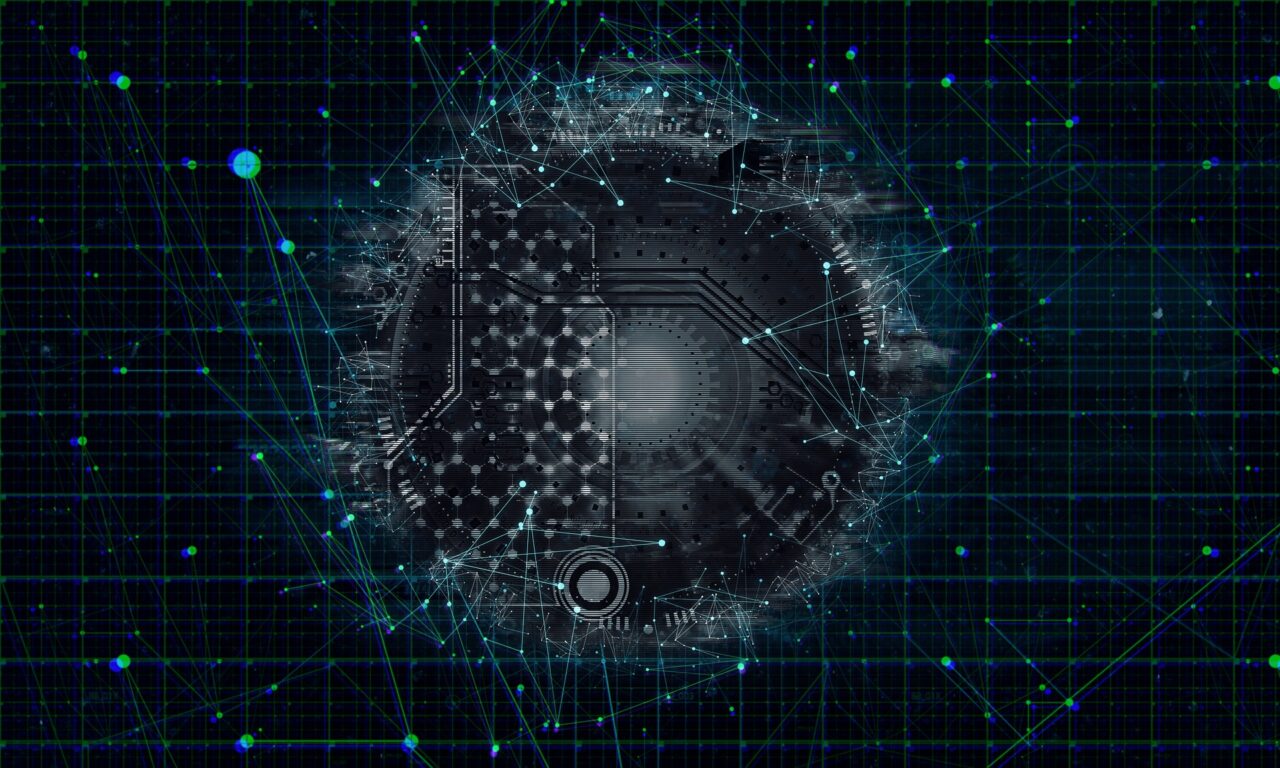みなさん、こんにちは。しゅんです。
今日は、新井紀子さんの「AI vs 教科書が読めない子どもたち」を読んで個人的に共感、勉強になったポイント等を「3つ」共有させてもらいます。
※英語圏の方々はこちら以降をお読みください!
hello everyone. It’s Shun.
Today, after reading Noriko Arai’s “AI vs Children Who Can’t Read Textbooks”, I would like to share “three points” that I personally sympathized with and learned from.
* For English-speaking people, please read the following!
日本語 ver.
この本を一言で表すと

「AIを取り巻く環境の実情を把握することができる」本
本を読み終えての感想

①真の意味でのAIは現時点で存在しない
まず、AIは「真の意味でのAI」と「AI技術」の2種類に分類できる。
真の意味でのAIとは、人工知能を持ったコンピューターを指す。
つまり、人間のように思考することができなければいけない。
AI技術とは、AIの実現に向けて開発されているさまざまな技術の総称を指す。
例えば私たちが日々の生活でよく触れている「Siri」が該当する。
後者については、人間(Siriの開発者)がSiriに対してどういうアウトプットをさせるかをロジックとして組み込み、Siriはインプットした情報をそのロジックに沿ってアウトプットするだけだ。
つまり、人間のように思考をしてアウトプットできるわけではないため、厳密に言うと、真の意味でのAIではないということだ。
我々が普段「AI」と呼称(AI技術)しているものは、所詮人間から指示されたことしかできない、ただのコンピューターに過ぎないのだ。
②シンギュラリティは到来しない
「シンギュラリティ」とは、真の意味でのAIが人間の能力超える地点のことを指す。
そもそも、人間の能力を超えるとは、どういう状態になったら超えたと判断するのか。
記憶力、思考力、想像力、論理力、集中力等が人間の平均を上回ったら・・・?
AIが人間を超えるのは、せいぜい「記憶力」や「集中力」くらいだろう。
これらの能力は、コンピュータであるAIのスペックを上げれば青天井みたいなものだからだ。
だが、人間の能力は先ほどピックアップした5つの能力以外にもまだかなり多くの能力を宿している。
それらを含めると到底人間の能力を超えるAIが生まれることはないのだろう。
改めて再認識したが、人間は非常に尊い生き物なのである。
③貧困は読解能力の向上を妨げる
何が読解能力を向上させる因子となっているのか。
結論から言うと、分からない。
調査した結果、よく思いがちな(僕もそう思っていたが)「読書の好き嫌い」は関係がなかったそうだ。
他にもいくつか判明したことはあったが、詳細は本書をご購入して見てみてください。
だが、読解力の向上を妨げる因子については、一例として「貧困」があったそうだ。
これは当たり前といえば当たり前だろう。
教育・学習するにしても基本的にはコストが常にかかってくるので、貧困であればそもそも学ぶことができない。
特に先進国では顕著だが、格差が広がり続けている実情を踏まえると、今後は能力値の格差もさらに広がっていくことになるのだろう。
最後に

いかがでしたか・・・?
どういった内容の本だったかというのは詳細に記さず、あくまで共感、勉強になったポイント等にフォーカスして「3つ」紹介させてもらいました。
皆さんに共感してもらえるポイントが「1つ」でもありましたら、幸いです。
それでは今回はこの辺で!
English ver.
To describe this book in one word

A book that allows you to grasp the actual situation of the environment surrounding AI
Impressions after reading the book

①True AI does not exist today
First, AI can be categorized into two types: “true AI” and “AI technology”.
AI in its truest sense refers to computers with artificial intelligence.
In other words, it must be able to think like a human being.
AI technology is a general term for various technologies that are being developed to realize AI.
For example, “Siri”, which we often touch in our daily life, falls under this category.
For the latter, humans (developers of Siri) incorporate the logic of how to make Siri output, and Siri simply outputs the input information according to that logic.
In other words, it cannot think and output like a human, so strictly speaking, it is not an AI in the true sense.
What we usually call “AI” (AI technology) is nothing more than a computer that can only do what humans instruct it to do.
②the singularity will not come
“Singularity” refers to the point at which AI in the truest sense surpasses human capabilities.
In the first place, when it comes to surpassing human ability, in what kind of state is it judged that it has surpassed?
What if memory, thinking, imagination, logic, concentration, etc. exceeded the human average?
At most, AI will surpass humans in terms of “memory” and “concentration”.
These abilities are like a sky ceiling if you raise the specs of AI, which is a computer.
However, humans still have quite a lot of abilities besides the five abilities I picked up earlier.
If these are included, AI that surpasses human ability will never be born.
Once again, I realized that humans are very precious creatures.
③Poverty hinders reading comprehension
What are the factors that improve reading comprehension?
In conclusion, I don’t know.
As a result of the investigation, it seems that “likes and dislikes of reading”, which is often thought (I thought so too), had nothing to do with it.
There were a few other things I found out, but please purchase this book and take a look at the details.
However, one example of factors that hinder improvement in reading comprehension is poverty.
If this is normal, then it is normal.
Even if you educate and learn, basically there is always a cost, so if you are poor, you can not learn in the first place.
Especially in developed countries, given the fact that the disparity continues to widen, the disparity in ability scores will likely widen further in the future.
Lastly

How was it···?
I didn’t go into detail about what the book was about, but rather focused on empathy and points I learned from, and introduced “three”.
I would appreciate it if there was even one point that everyone could relate to.
That’s all for today!











